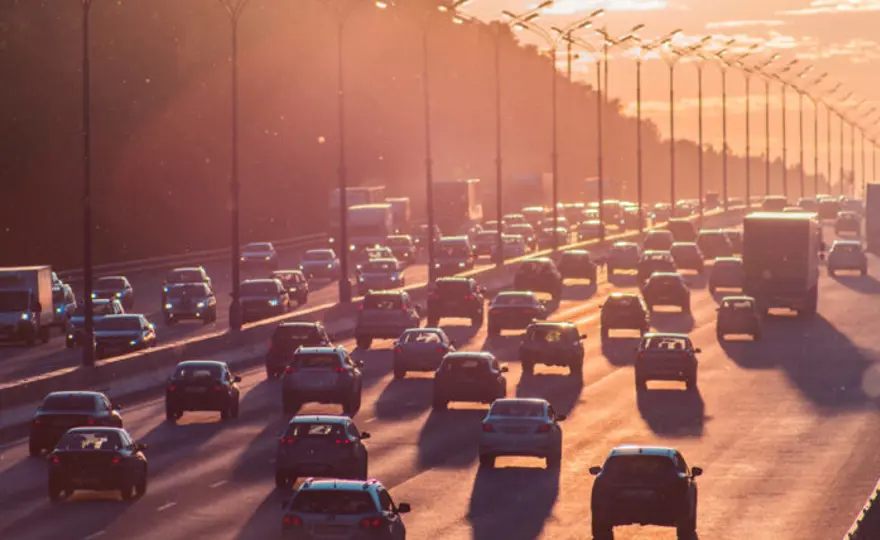ClientEarth Communications
18th September 2020


The 2015 Dieselgate scandal rocked the car industry, but five years after carmakers were caught cheating vehicle emissions tests, our lawyers argue that little has changed, especially in Europe.
There are still an estimated 50 million diesel vehicles on EU roads, including 8.5 million in the UK, that pollute several times above the legal limit. These vehicles are not limited to one manufacturer or a few models, but are present across the industry and with no way for consumers to know how harmful they are.
Given the waves that Dieselgate made, this state of affairs is no less than a scandal.
On the fifth anniversary of Dieselgate, ClientEarth's lawyers are demanding that national car regulators in six EU countries come clean over why these “dirty diesels” are still being allowed to pollute EU streets so that consumers can make smart financial and environmental decisions when purchasing a car.
Growing public concern over the impacts of air pollution on our health means consumers should be able to access the information they need to help to clean up our air. But how can they, if the right information is intentionally kept hidden?
Diesel vehicles are the main source of illegal levels of nitrogen dioxide (NO2), a harmful gas that has a litany of alarming effects on human health. There are an estimated 130 cities across the EU that chart illegal and dangerous levels of NO2 – despite legal requirements to control it.
In the UK, 36 out of 43 air quality reporting zones currently have illegal and harmful levels of NO2 pollution.
The Dieselgate scandal revealed that millions of diesel vehicles sold by car manufacturers around the world were fitted with a specific form of ‘defeat device’. These devices caused vehicles to emit far more pollution in standard road driving conditions than during tests – disregarding people’s health and undermining consumer trust.
The scandal revealed that despite these devices being used, the cars were still allowed onto the market. It showed that we couldn’t rely on these authorities to protect the public and how damaging secretive behaviour by car manufacturers over emissions can be.
In the wake of the Dieselgate scandal, new rules were meant to increase transparency and bring an end to a system cloaked in secrecy.
But five years on, and the European Commission continues to leave a backdoor open for the authorities and car manufacturers to cheat the system by providing ways in which extended documentation about vehicles can be considered confidential.
Our lawyers believe keeping this information about vehicle emissions confidential goes against EU and international transparency laws.
ClientEarth lawyer Irmina Kotiuk said: “Dieselgate should have put an end to the cosy stitch-up between manufacturers and national authorities and forced them to be fully transparent to regain consumers’ trust. But the public are still in the dark about the scale of emissions that have significant effects on their health.
“Consumers have a right to know whether their car meets legal emissions limits. When carmakers manipulate vehicle emissions, authorities should not block the public from checking the consequences for their health and their wallets. Protecting the health of millions of EU citizens should be authorities’ number one priority.”
That’s why our lawyers have issued legal requests to national car regulators in France, Germany, Italy, Spain, the Netherlands and the UK to disclose information on the emission control systems and use of defeat devices in a selection of popular diesel car models.
The selected vehicles have been found to have real world emissions of at least five times and up to 20 times over the legal limits, according to research by a UK Government Agency.
Our requests challenge the public’s inability to access the information they need to know how much pollution their car emits, so that they can take measures to protect their health and the environment.
The six national car regulators have up to 60 days to respond to our requests. If they fail to disclose the information, we may take legal action.
We believe that if nothing is done, the system will continue be rigged in favour of the car industry instead of the health of EU citizens.